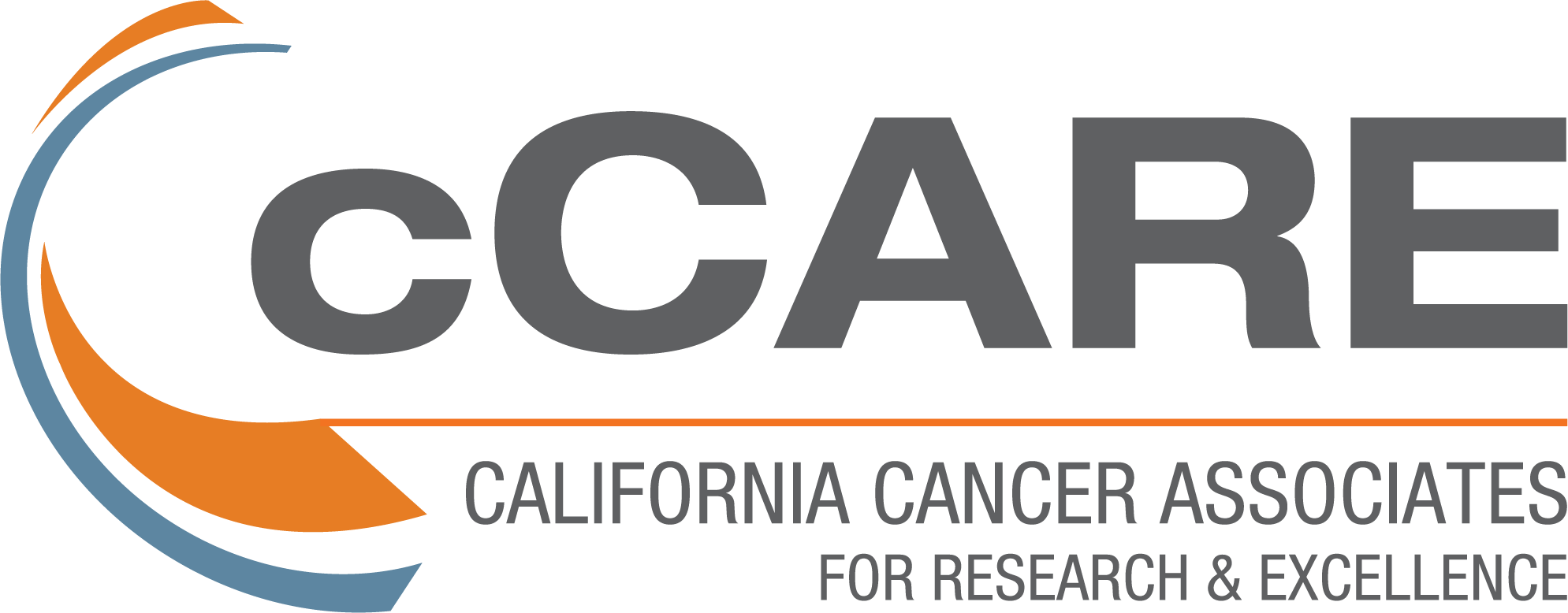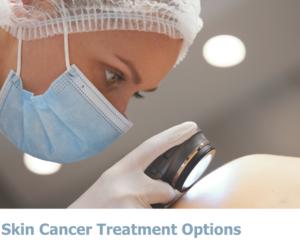Medical advancements have significantly improved the treatment options available for skin cancer, which is crucial as it remains one of the most common types of cancer worldwide.
Treatment Overview
- Surgical Options
- Excisional Surgery: This is the most common treatment, involving the removal of the cancerous tissue along with some surrounding healthy tissue to ensure completeness.
- Mohs Micrographic Surgery: Particularly effective for cancers in cosmetically important areas like the face, Mohs surgery involves removing the skin layer by layer, which is then examined under a microscope, continuing until no cancer cells are detected.
- Radiation Therapy
- Used when surgery is not an option or as an adjunct to surgery to destroy any remaining cancerous cells. This method is especially useful for patients with larger cancers or cancers in places where surgery would be difficult.
- Cryosurgery
- Often used for precancerous growths and small skin cancers, cryosurgery involves freezing the cancer cells with liquid nitrogen, causing them to die off. This method is less invasive and has a quicker recovery time than surgical methods.
- Topical Treatments
- Certain creams and gels can be applied directly to the skin. These are best for treating superficial types of skin cancer. They work either by stimulating the body’s immune system to attack cancer cells or by directly killing the cells.
Support Resources Access to support networks can significantly affect a patient’s journey through treatment and recovery:
- Cancer Support Groups: These groups provide a platform for sharing experiences and advice, reducing the feeling of isolation.
- Educational Resources: Websites, pamphlets, and workshops provided by cancer organizations offer invaluable information and guidance.
The journey from diagnosis to treatment of skin cancer is unique for every individual but knowing the variety of available treatments can empower patients to make informed decisions. Regular consultations with healthcare providers, adherence to treatment plans, and a supportive community are key to navigating the challenges of skin cancer.

